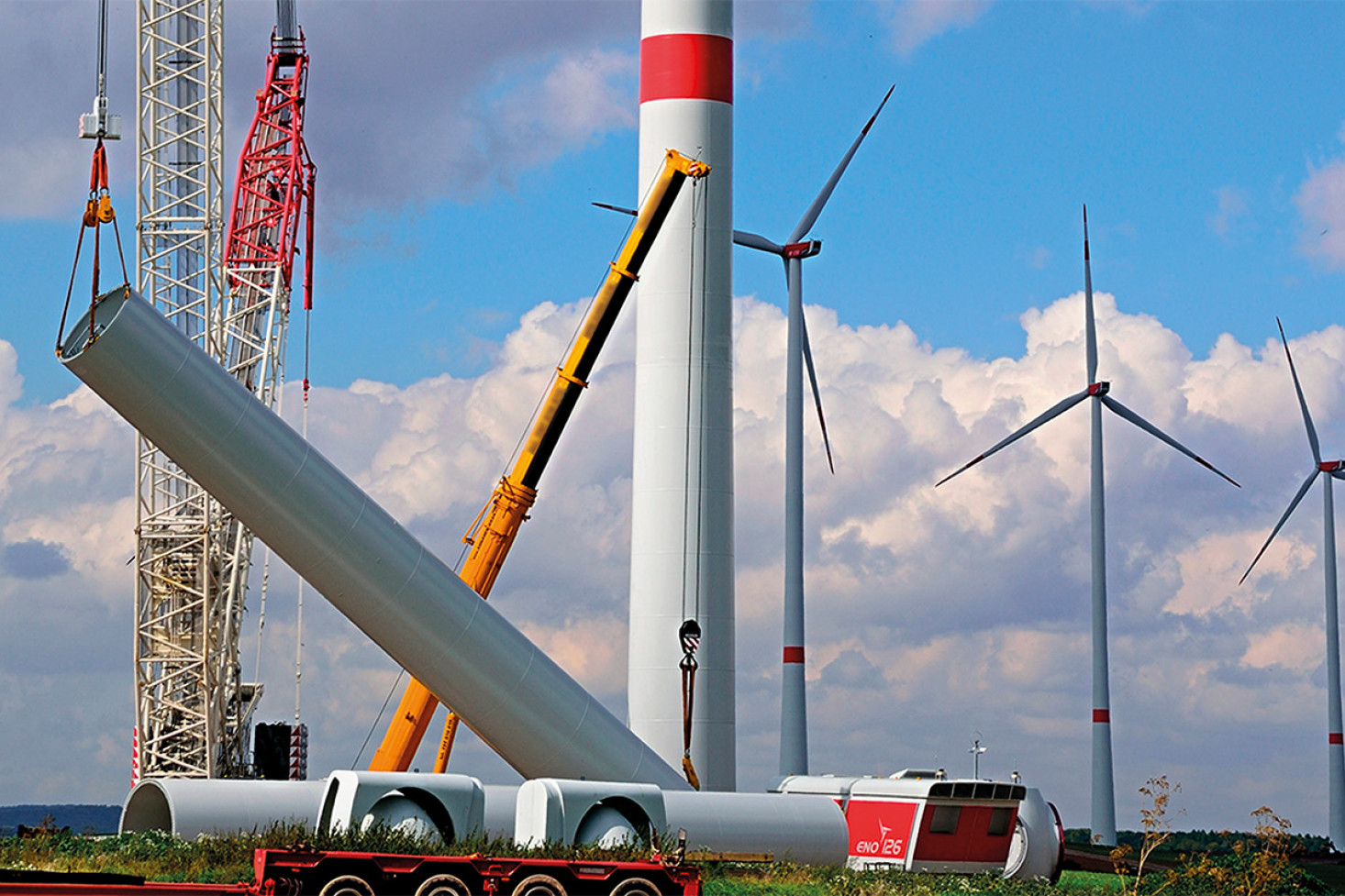Agricultural
17 February, 2025
Mandatory consultation for wind farms
As of Monday, February 3rd, all wind farm developments in Queensland are now impact assessable, meaning mandatory community consultation, and third-party appeal rights.

The new planning pathway for regulating wind farms is the first step to requiring all renewable projects be impact assessable and subject to the same rigorous approval process as other major development projects.
Deputy Premier and Minister for State Development, Infrastructure and Planning Jarrod Bleijie said all wind farm developers are now mandated to consult with local councils, communities and other stakeholders for new projects.
“It’s only fair that communities are properly consulted with for any new renewable energy developments in their own backyard, like many suburban communities are afforded when it comes to high rise residential development in their neighbourhood,” Mr Bleijie said.
“Introducing an impact assessable planning framework underpinned by a new development code for wind farms will provide certainty for investors, communities and councils.
“We said we’d make the approvals process a level playing field with the same rigorous requirements, including community consultation, regardless of the project.
“The Crisafulli Government is committed to openness and transparency, and we will continue to listen to Queenslanders and engage with key stakeholders in the renewable energy sector as further approval process enhancements are made.”
Ongoing consultation with local government, industry and other stakeholders will continue as the next stage of the LNP Government’s election commitment is implemented.
This next phase will focus on making other renewable energy projects impact assessable, such as large-scale solar farm developments, as well as introducing a community benefit framework for renewable energy developments that is similar to the requirements that other major development projects deliver in regional communities.
To complement this change, ‘State code 23: Wind farm development’ has also been updated to include additional requirements – reflecting an Impact assessment.
Some include:
Making sure wind new farm applications result in no significant loss of high quality agricultural land;
Workers accommodation associated with the construction of the wind farm does not adversely impact on surrounding communities;
Construction impacts on local infrastructure are mitigated, or if unable to be mitigated, remediated;
Social impacts are identified and addressed to avoid negative impacts on host communities (community benefit);
Decommissioning of wind farms becomes the sole responsibility of the wind farm operator and guaranteed through bonds or financial guarantees, no longer leaving private landowners at risk.
Any disturbance to environmental footprints are rehabilitated.


